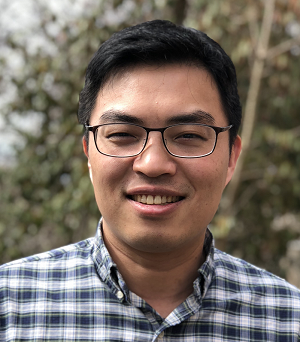Dr. WonHee Kim began his pursuit of neurodegenerative diseases, including Alzheimer’s disease, in 2006, during his Ph.D. program in Biomedical Engineering and Biotechnology at the University of Massachusetts at Lowell (UML). He joined Dr. Garth Hall’s Neurodegenerative Disease Research Lab in 2007. At that time, the initial focus of his research in the field was on the role of tau in AD, using an in-situ lamprey tauopathy model and the M1C cell culture system. His major finding during his doctoral program was that human tau can be secreted and accumulated from tau-expressing neurons during the course of degeneration, which is associated with the exosome. After receiving his Ph.D. in 2011, Dr. Kim joined Dr. Giuseppina Tesco’s Alzheimer's disease Research Laboratory, in the Department of Neuroscience, at the Tufts University School of Medicine in 2012. As a Postdoctoral Scholar in Dr. Tesco’s Lab, he began studying the GGA3 deletion-mediated increase in BACE1 levels resulting in elevated Aβ production, using the 5XFAD mouse model of AD. This work represented not only a significant shift in his research focus – from tauopathy to amyloid beta peptides and BACE 1 substrates – but provided him with a golden opportunity to embark on an extended period of advanced training in sophisticated experimental research methods, in biochemistry and genomics.
WonHee Kim, PhD
First published on: June 12, 2019
Last modified on: November 22, 2024
